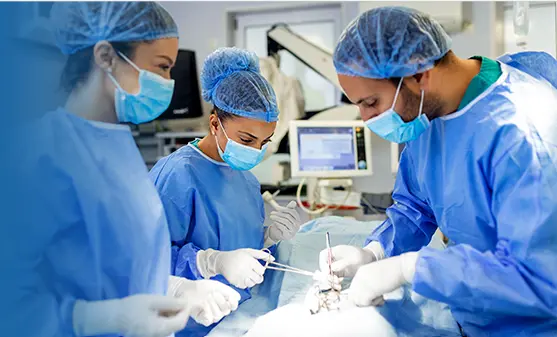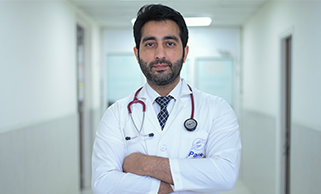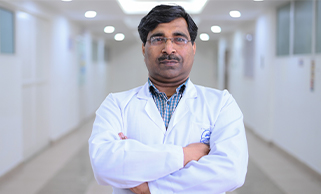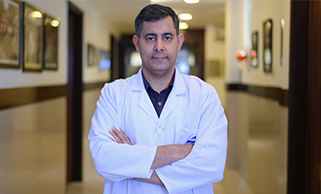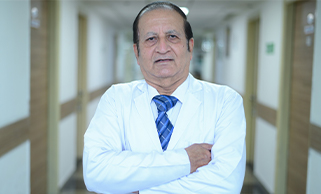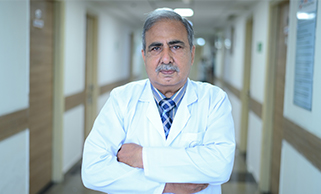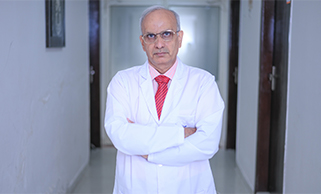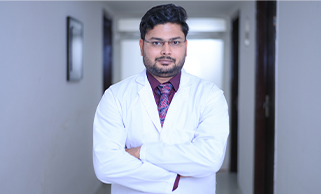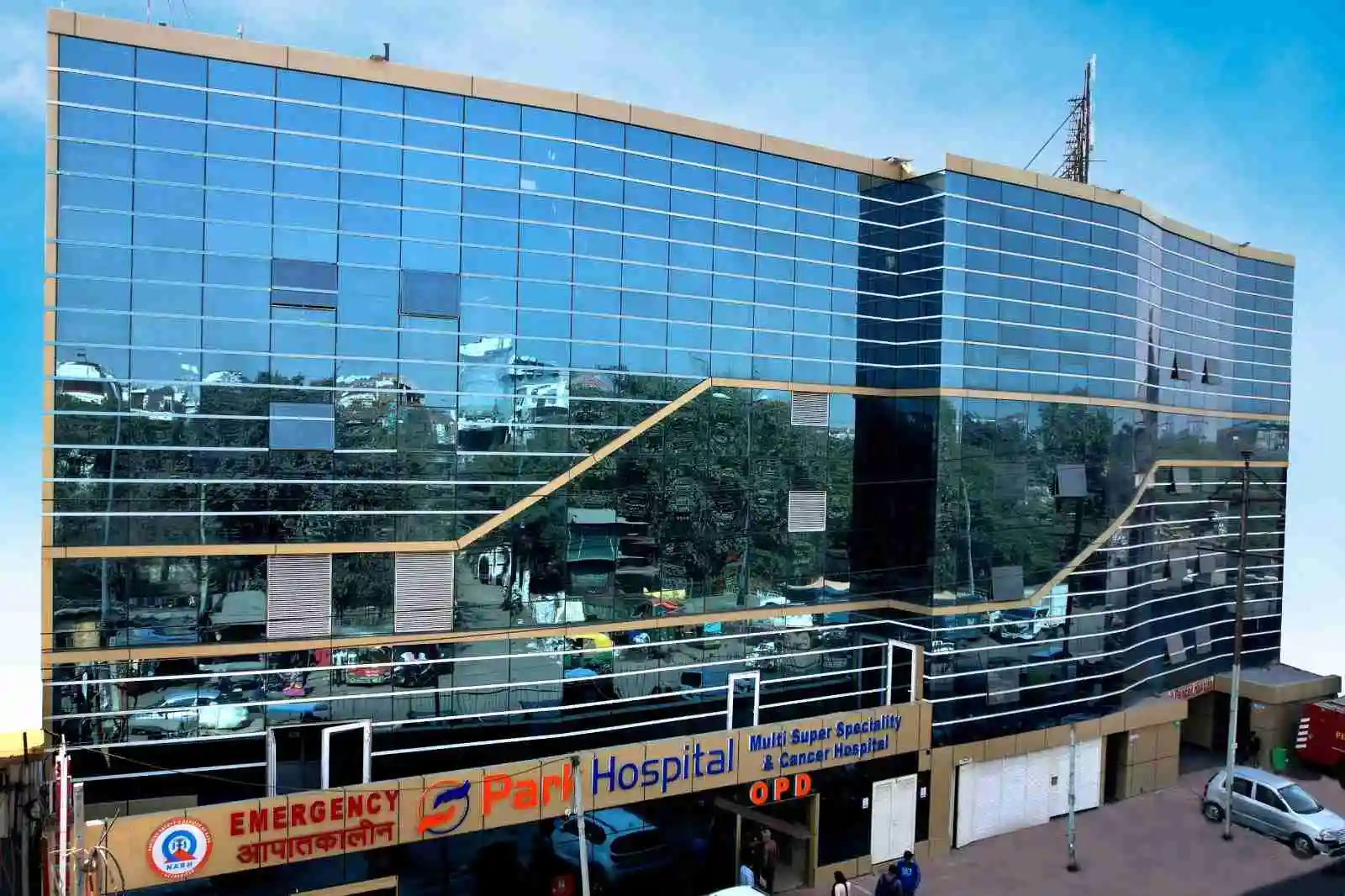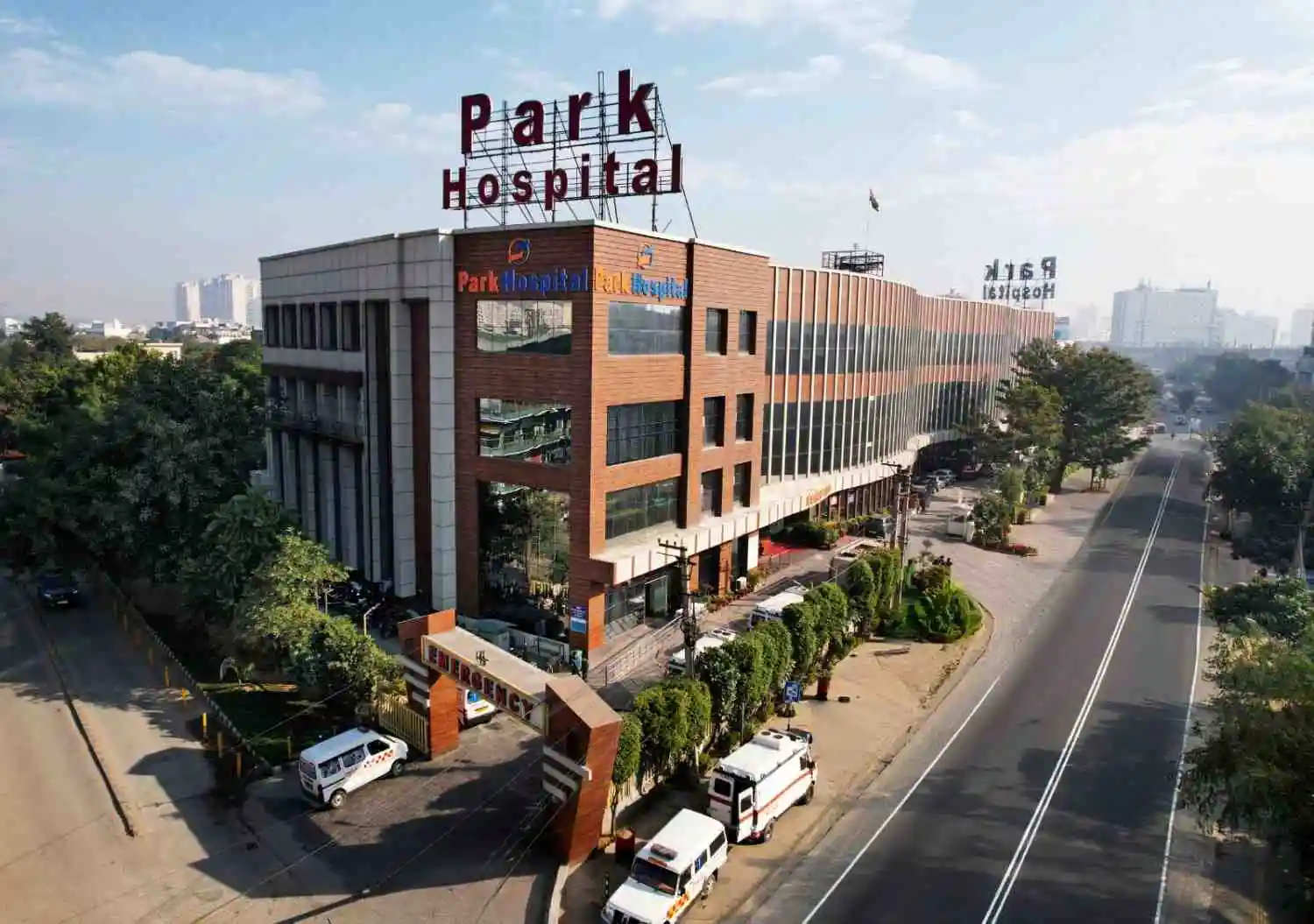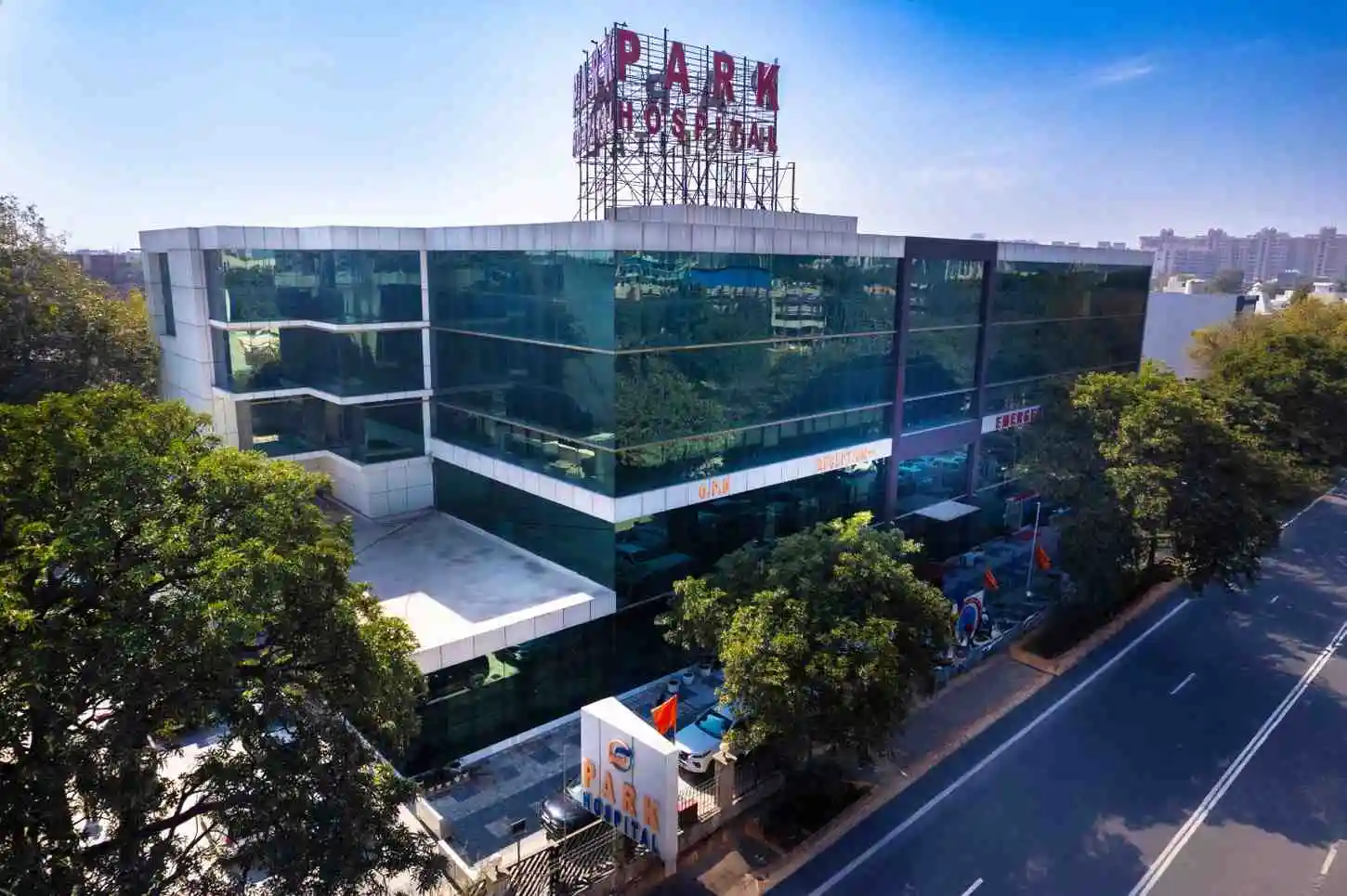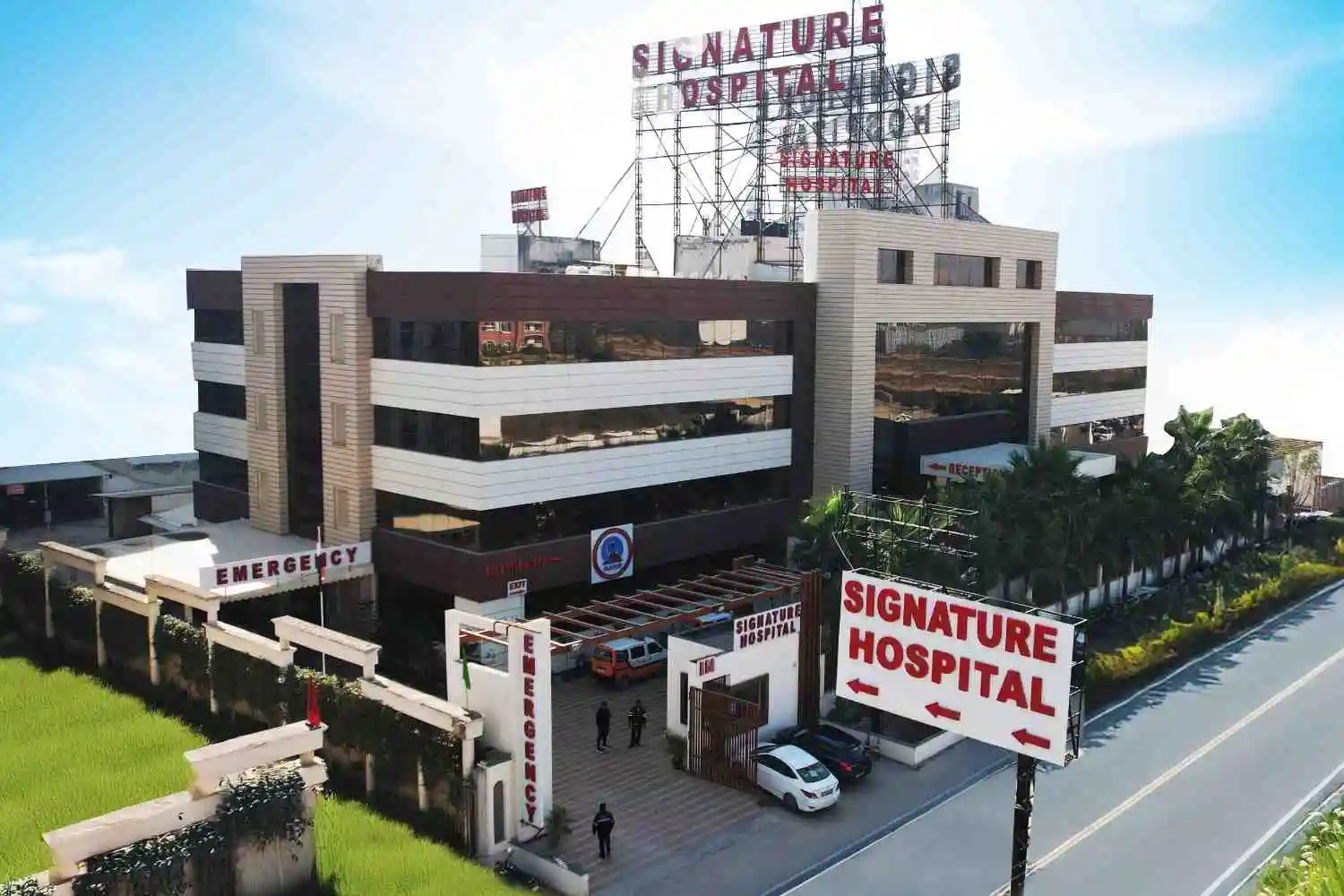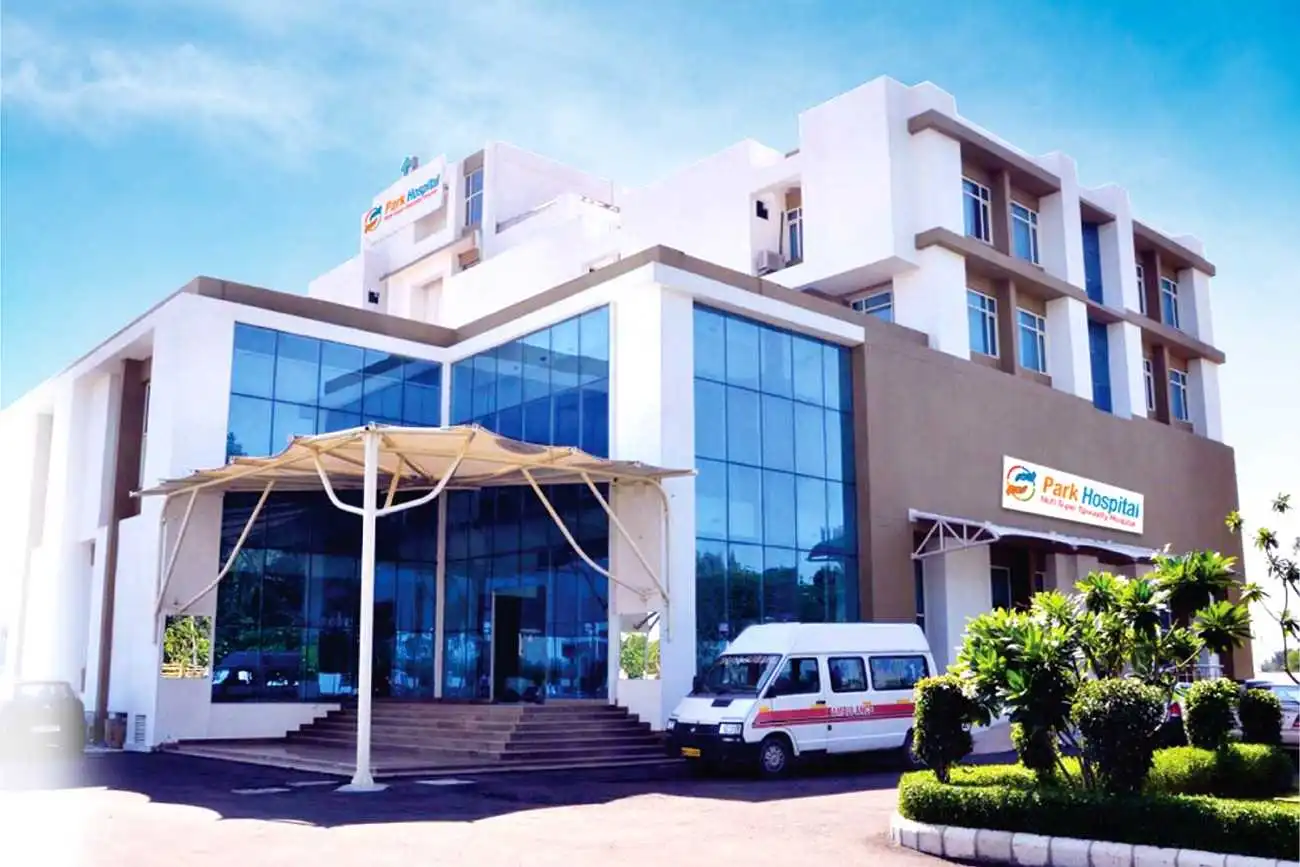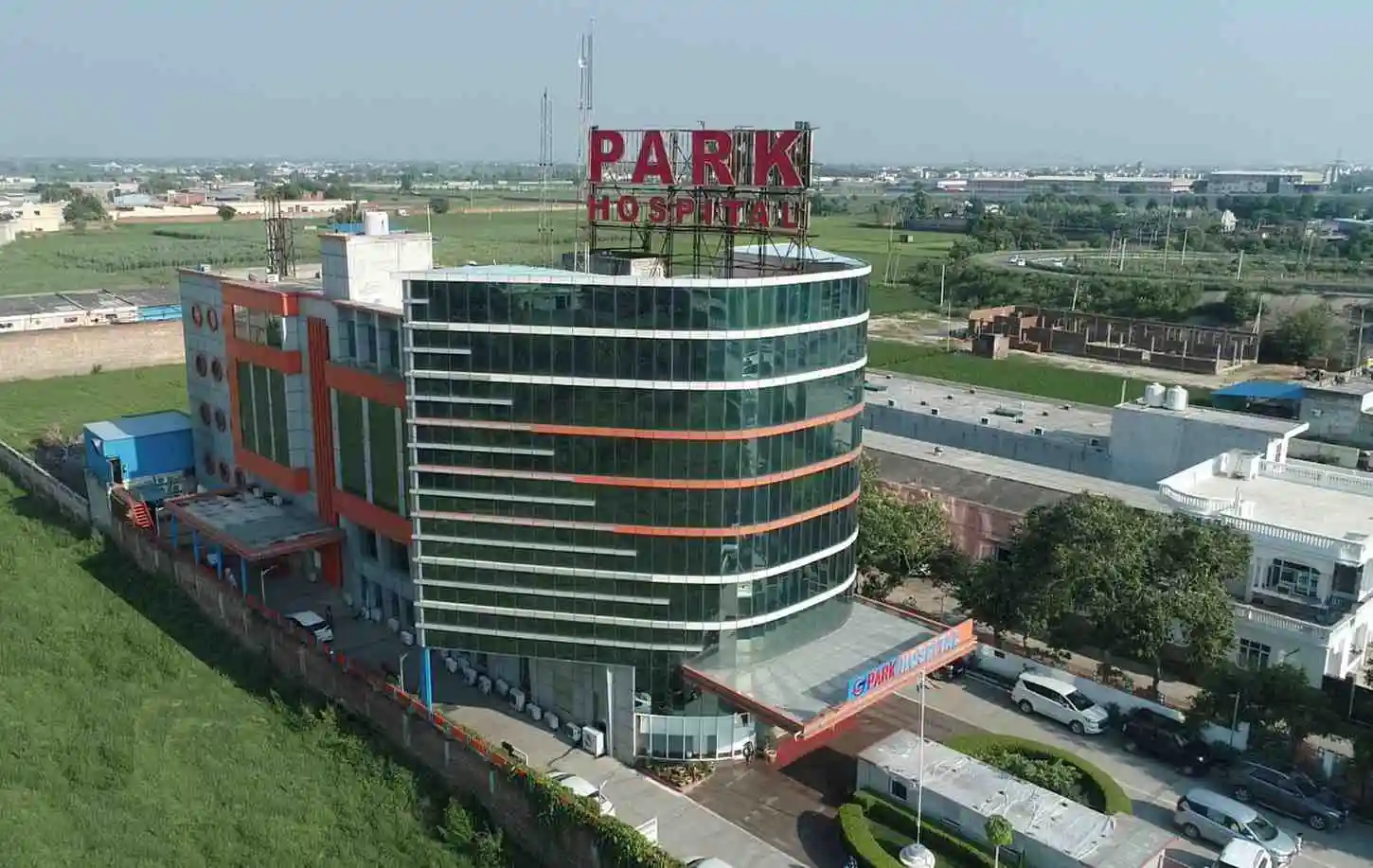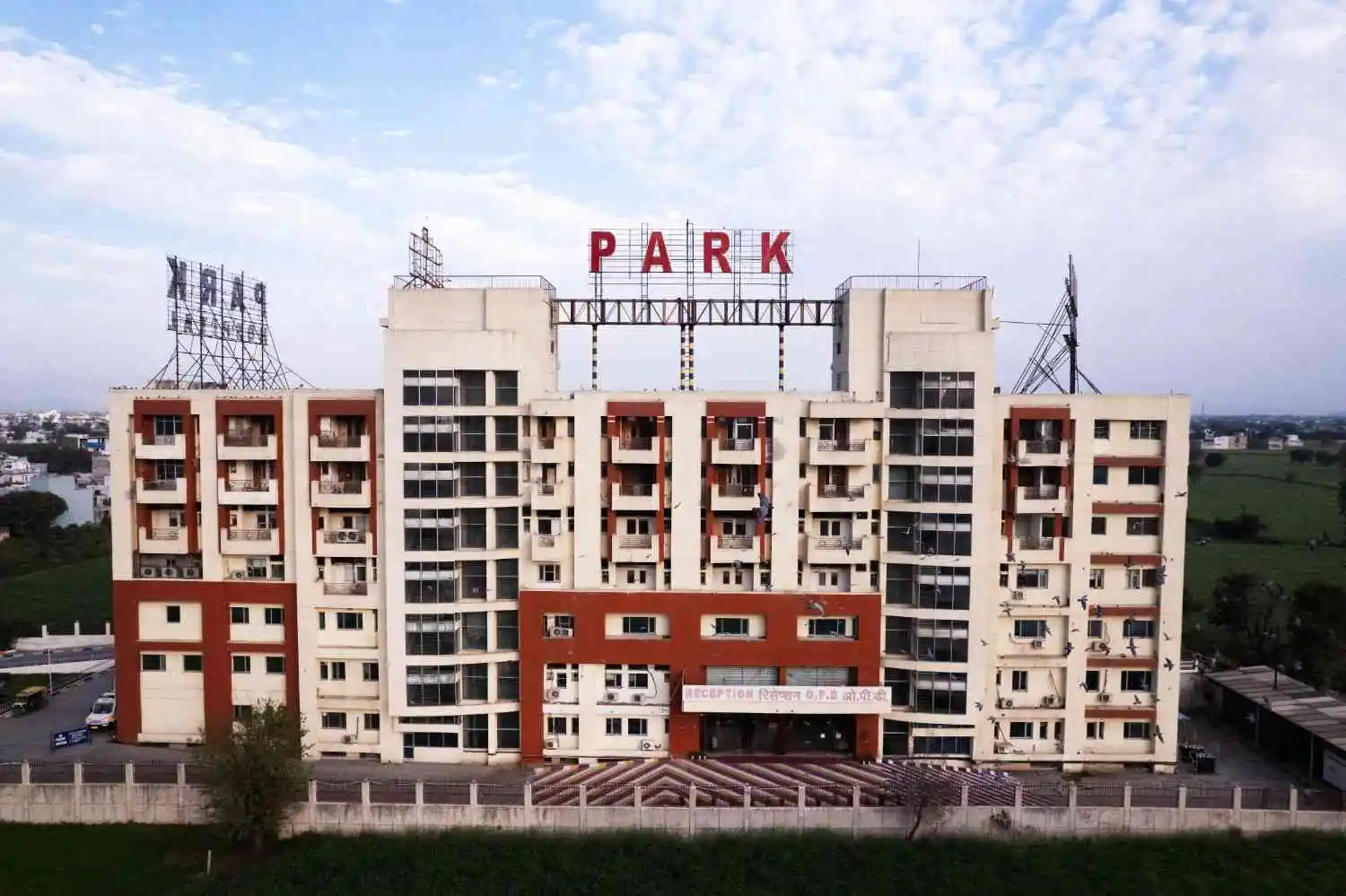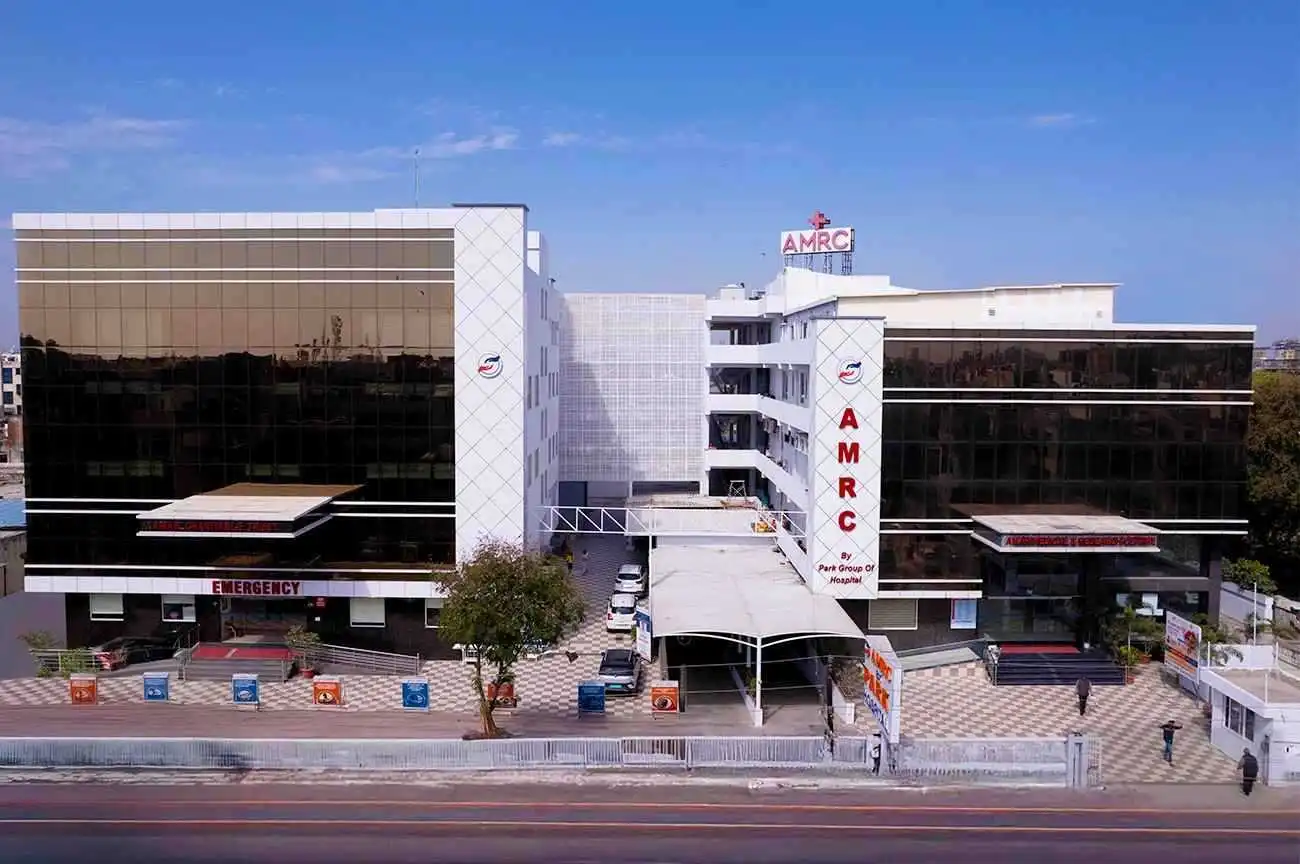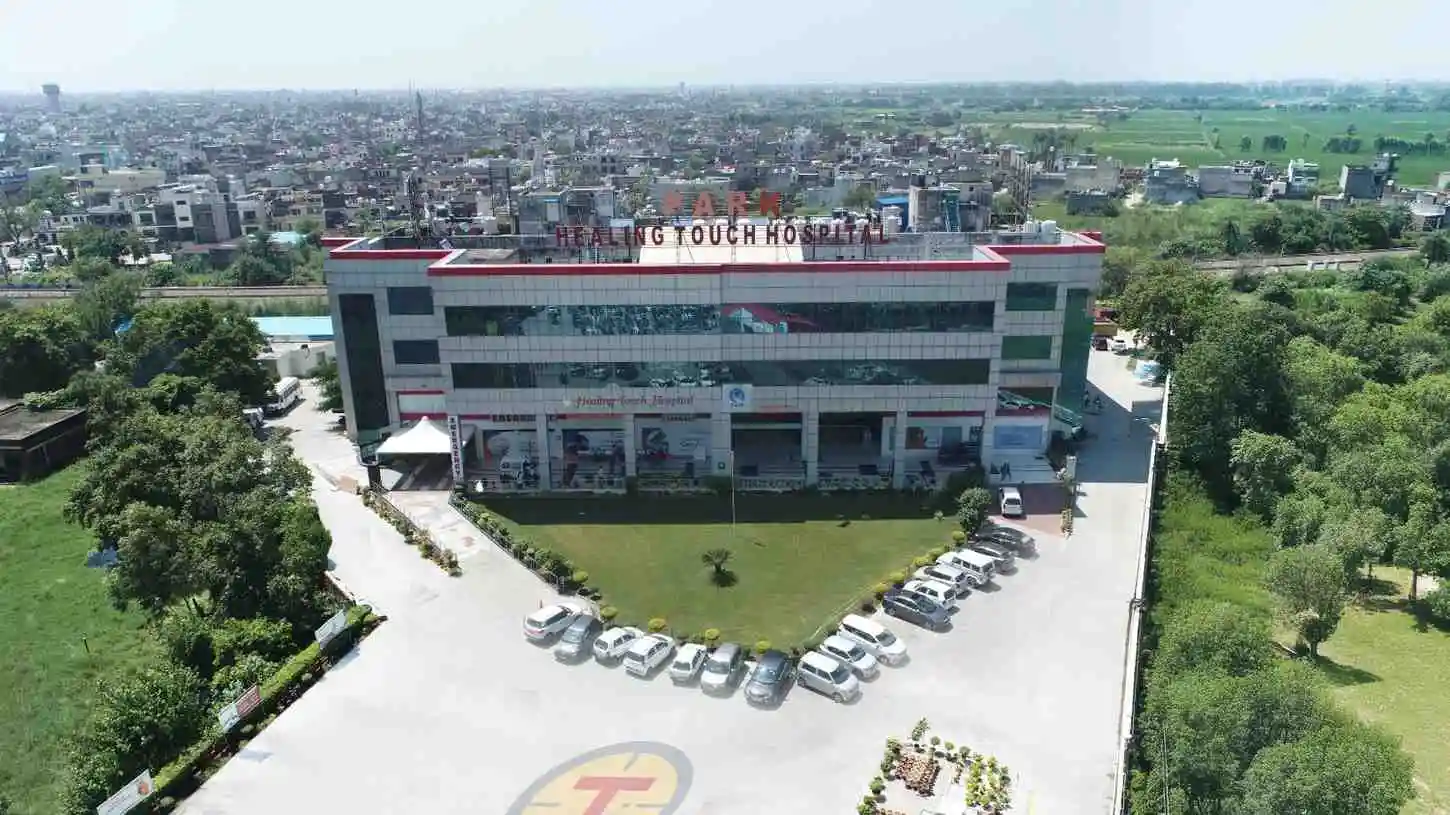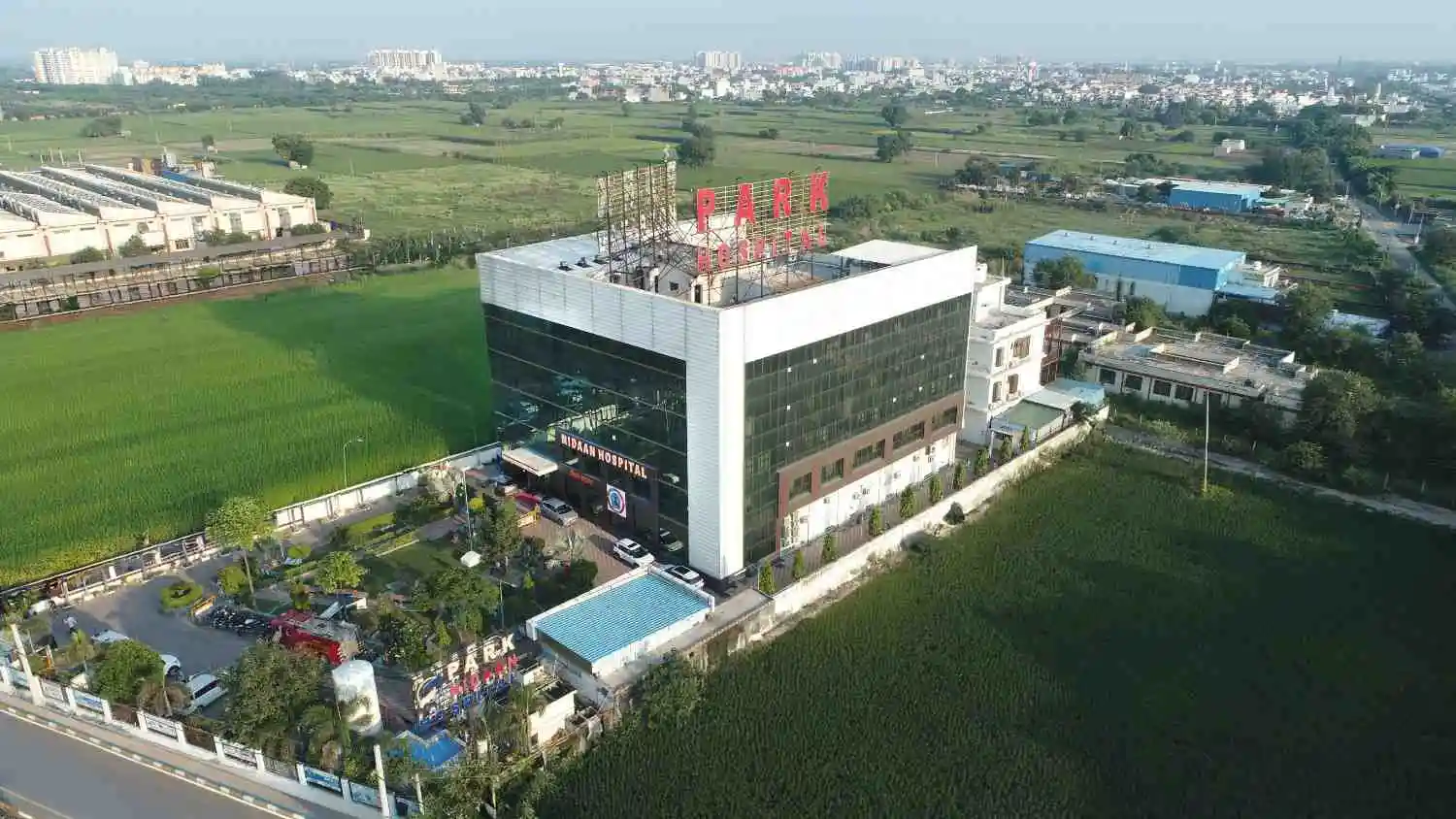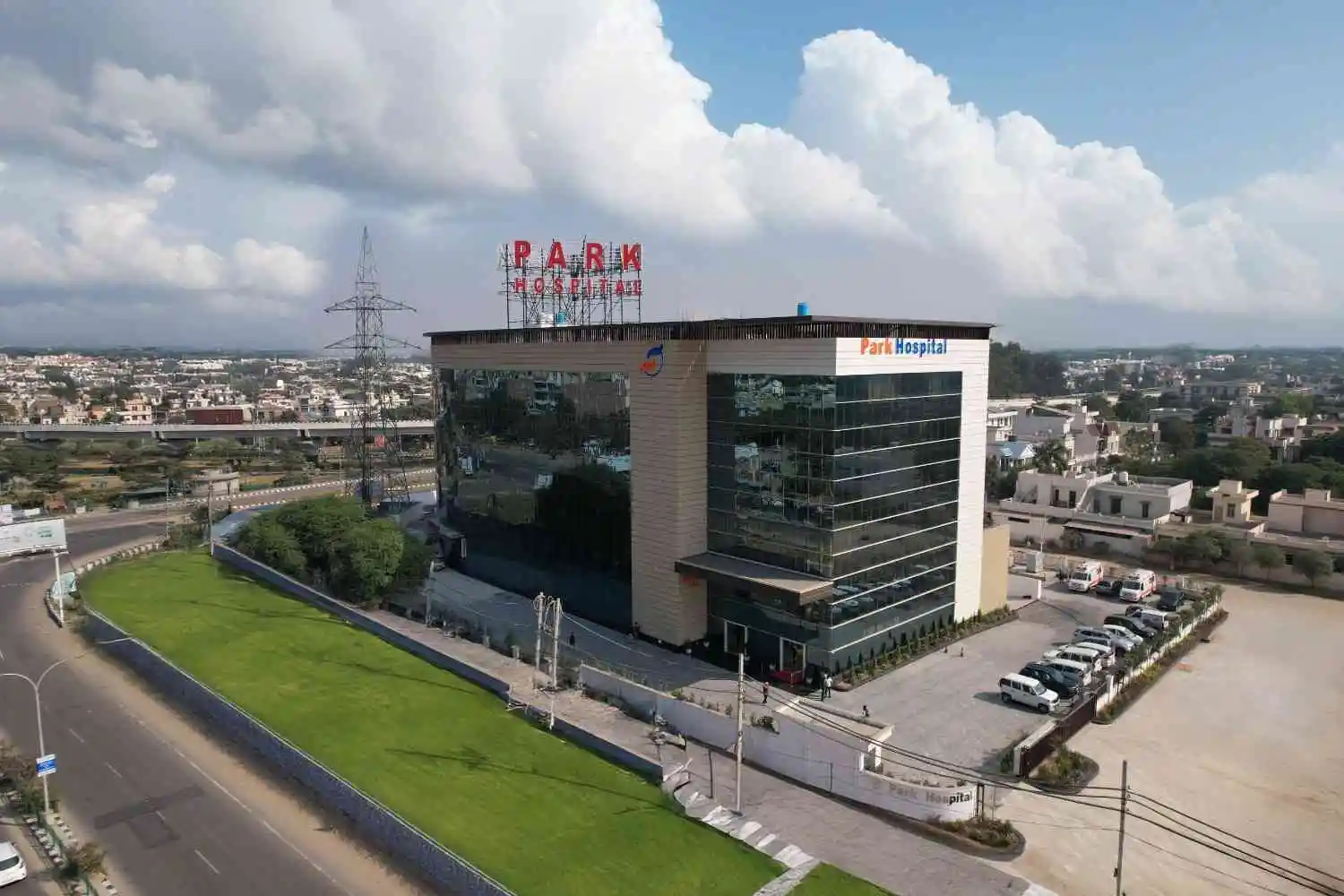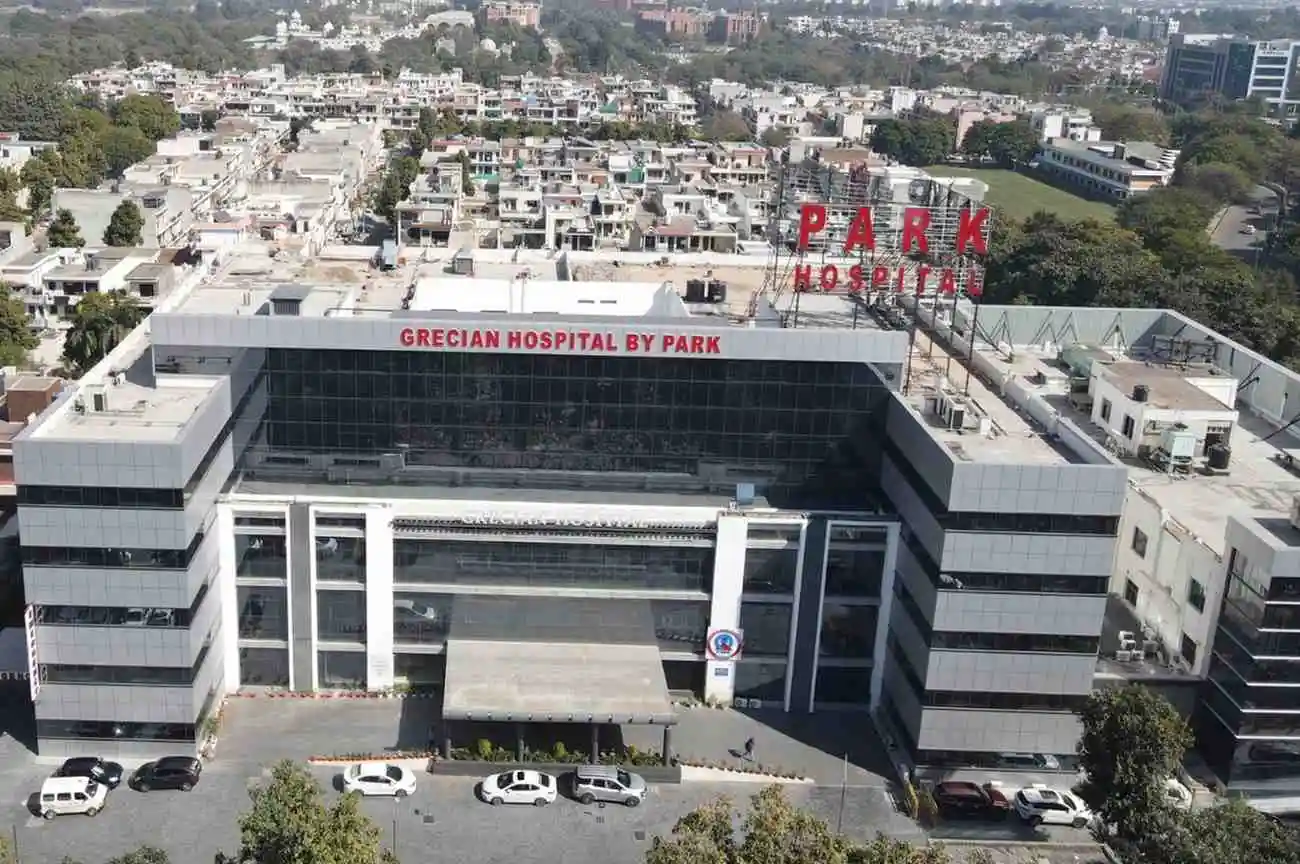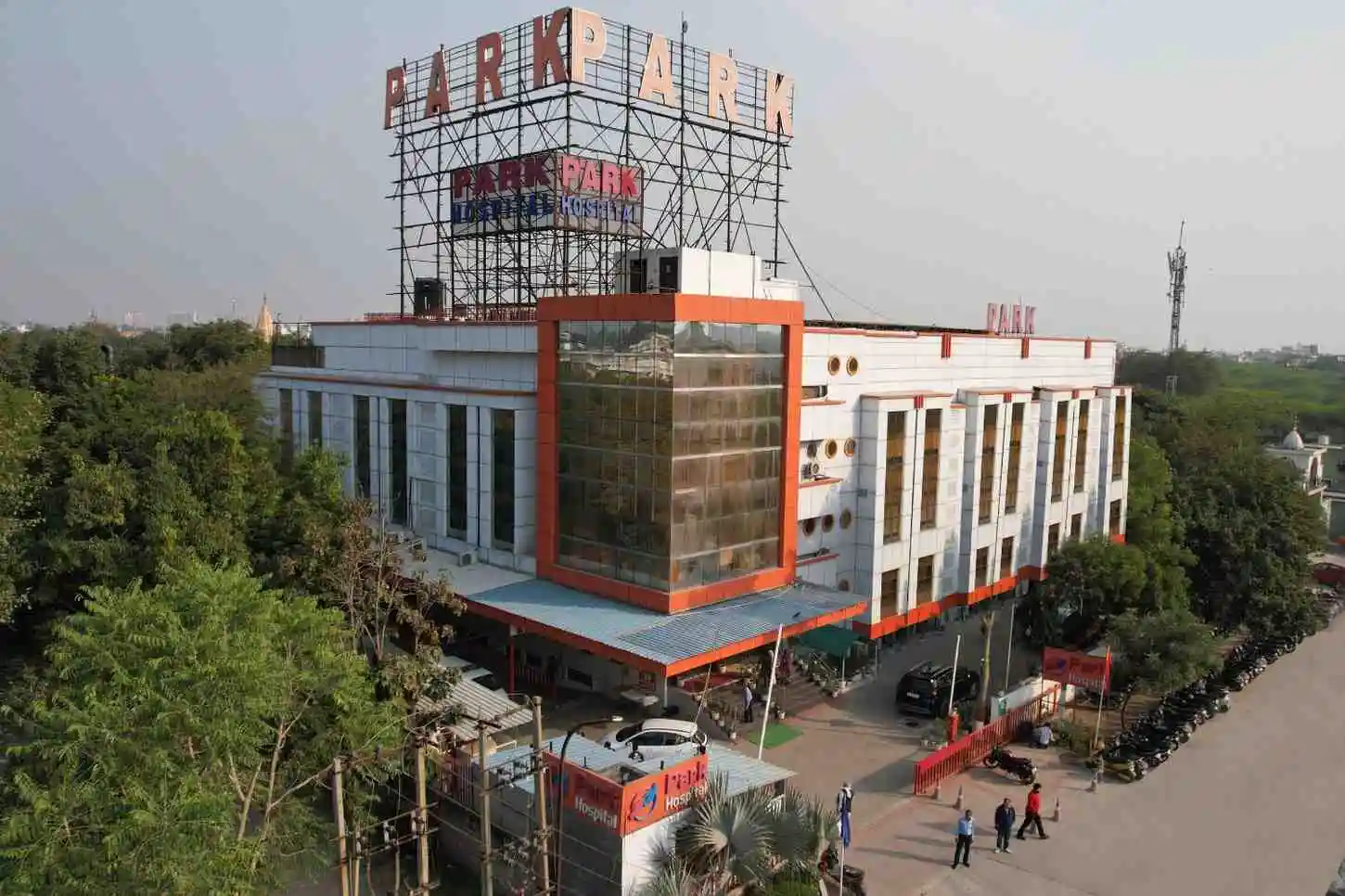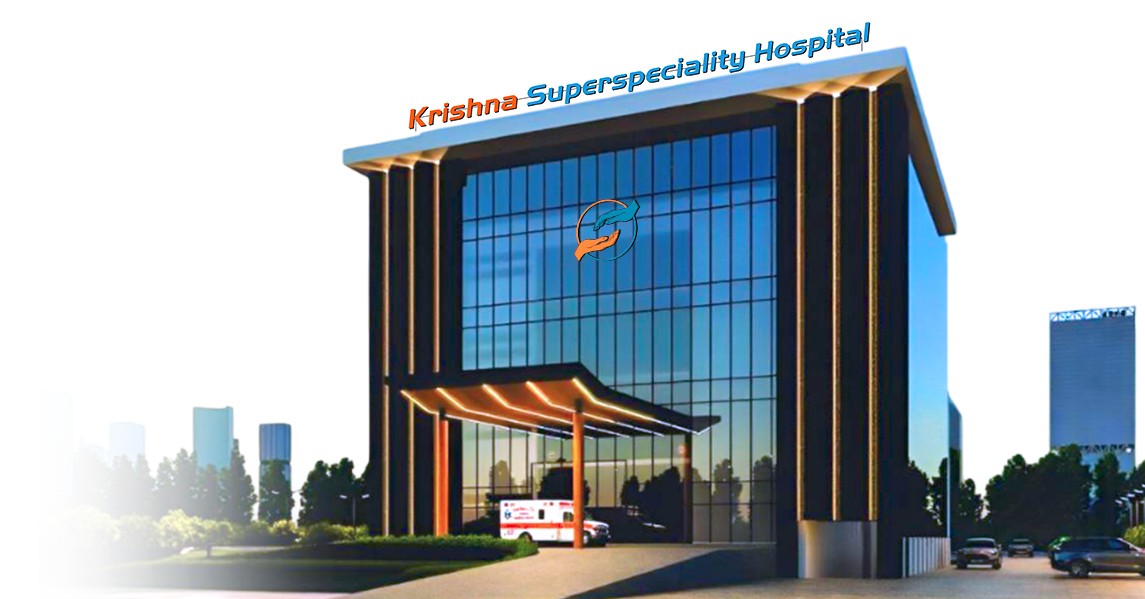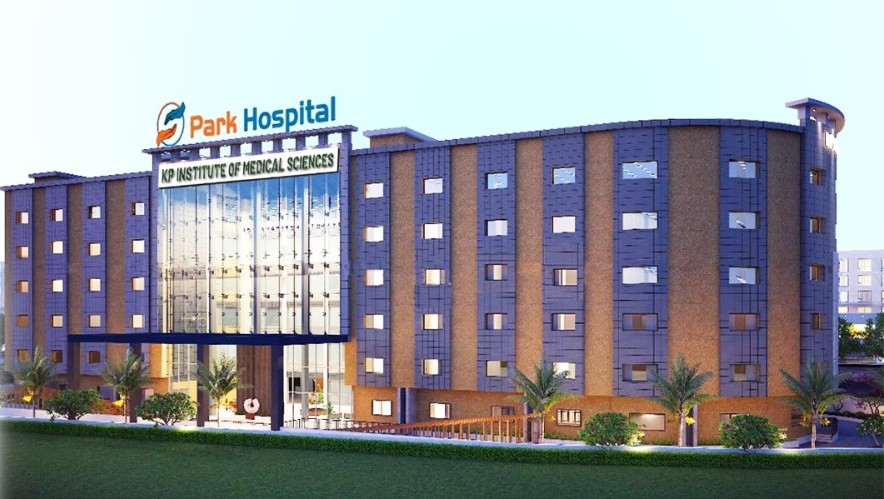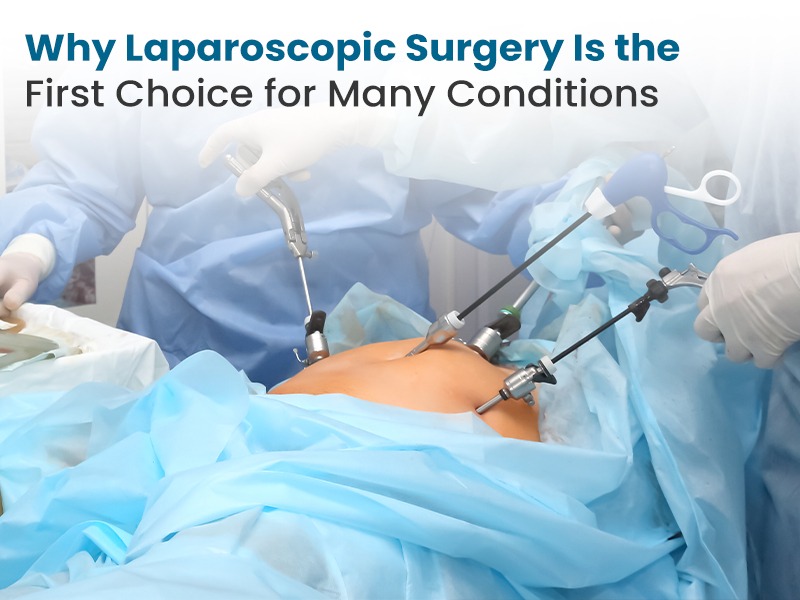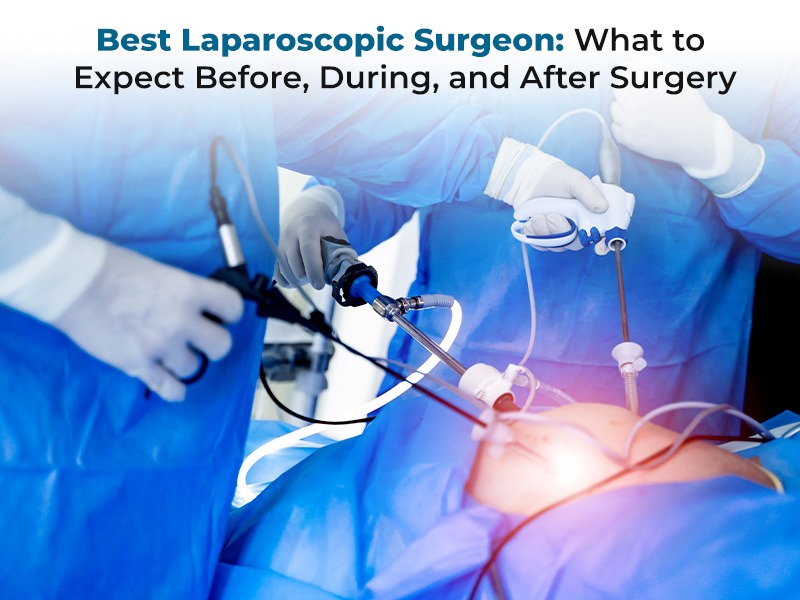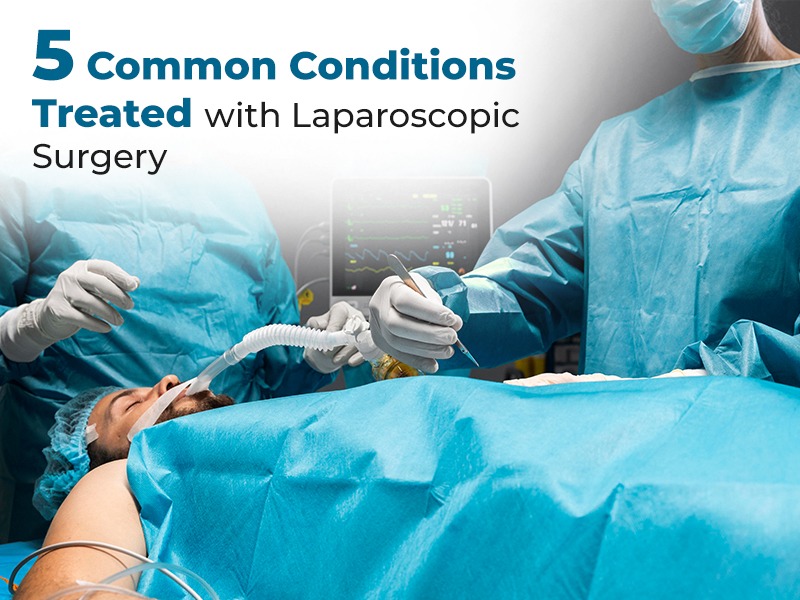General and Laparoscopic Surgery
The reason for conducting surgery may differ from patient to patient. A general surgeon must be knowledgeable about treating a variety of ailments that may necessitate surgical therapy, according to the medical discipline. General surgery focuses on abdominal organs such as the pancreas, gallbladder, oesophagus, appendix, bile duct, liver, colon, and small intestine. A general surgeon also treats diseases such as peripheral vascular surgery, hernias, skin, and breast cancer. Endoscopic procedures such as colonoscopy and gastroscopy are also performed. Park Hospital's general surgeons are experienced to perform such procedures with the utmost care and accuracy. They ensure that patients receive the finest possible care and assist them in every manner.
Best Laparoscopic & Key Hole Surgery Hospital
At Park Hospital, we offer general and laparoscopic surgery for a wide range of conditions. Our surgeons are highly skilled and experienced in performing both types of surgery, and will work with you to determine the best course of treatment for your individual case.
General surgery is a broad field that includes procedures such as hernia repairs, appendectomies, and gallbladder removal. Laparoscopic surgery is a minimally invasive surgical technique that uses small incisions and specialized instruments to access the inside of the body. This type of surgery can be used to treat a variety of conditions, including GERD, endometriosis, and abdominal pain.
No matter what type of surgery you need, you can rest assured that you will receive high-quality care from our talented team of surgeons. We are dedicated to providing our patients with the best possible outcomes, and will work closely with you to ensure that your experience at our Best laparoscopic surgery hospital in India is positive from start to finish.
Sub-Specialities & Services
Laparoscopic surgery - Discover a minimally invasive solution to your health concerns with Laparoscopic surgery. Our expert medical team utilizes advanced technology and techniques to deliver precise results with minimal discomfort and downtime. Trust us to provide you with the best possible care, so you can get back to living your life as soon as possible!
Laparoscopic Surgery
Laparoscopic surgery, also called minimally invasive surgery (MIS), is a modern surgical technique in which operations are performed far from their site through small incisions. Laparoscopic procedures are typically associated with less pain and scarring and a quicker return to normal activities than open surgeries, which involve larger incisions.
It is usually performed using general anesthesia, which means you'll be asleep during the procedure. A surgeon makes several small incisions in your abdomen and inserts long, thin instruments through the incisions. The surgeon views your abdominal cavity on a video monitor while operating.
During laparoscopic surgery, the surgeon may remove your gallbladder, appendix, or a piece of your intestine. The surgeon may also repair damage to your abdominal organs, such as repairing a hiatal hernia.
Different types of laparoscopy surgery
Laparoscopic surgery is a minimally invasive surgical procedure that involves making small incisions in the abdomen. A laparoscope, which is a small tube with a camera at the end, is inserted through one of these incisions. The camera allows the surgeon to see inside the abdomen and perform the surgery.
There are different types of laparoscopic surgery, depending on what part of the abdomen needs to be operated on. For example, laparoscopic cholecystectomy is a surgery to remove the gallbladder. Laparoscopic appendectomy is a surgery to remove the appendix. And laparoscopic gastric bypass surgery is a weight loss surgery that involves rerouting the digestive system.
Our Laparoscopic surgery hospital offers many benefits over traditional open surgery, including less pain, less scarring, shorter hospital stays, and faster recovery times. If you need surgery, we are here to suggest you about whether laparoscopic surgery might be an option for you.
What is Key-hole surgery?
Key-hole surgery, also known as minimally invasive surgery (MIS) or laparoscopic surgery is a type of surgery that involves small incisions and the use of long, thin instruments. This type of surgery allows for less pain and scarring, and a shorter hospital stay.
MIS was first used in 1967 to remove gallstones. Since then, the technique has been used for a variety of different procedures, including appendectomies, hernia repairs, gastric bypasses, and hysterectomies.
Park Hospital is the Best Hospital for Keyhole Surgery.
We offer the best possible care and treatment to our patients at a highly affordable cost.
Laparoscopy treatment procedure
Laparoscopic surgery is performed far from their location through small incisions (usually 0.5-1.5 cm) instead of the large incisions needed in open surgery.
In laparoscopic surgery, a small video camera is inserted into the patient's body through a small incision. The image from the camera is magnified and displayed on a television monitor, allowing the surgeon to see inside the patient's body. The surgeon then inserts special instruments through other small incisions to perform the operation.
At General laparoscopic surgery hospital,
our experts hold years of experience in providing laparoscopy treatment procedures. We believe in delivering quality treatment using advanced tools and technology. Get in touch with our experienced surgeons and avail quality treatment with care.
Laparoscopy surgery hospital
Our hospital has a good prestige in providing laparoscopy surgery. We strive to use the advance technology to deliver the best possible outcome and make the experience of the patient painless and comfortable. Our experts have the knowledge to treat a wide variety of ailments that necessitate surgical therapy. We believe in performing such procedures with the utmost care and accuracy.
Our Medical Experts
Our medical experts are highly trained and experienced in performing minimally invasive surgery and providing benefits, including less pain, shorter hospital stays, and quicker recoveries.
At Park Hospital, our laparoscopic surgeons are skilled in a variety of procedures, including hernia repair, gallbladder removal, and appendix removal. We are committed to providing our patients with the best possible care, and our laparoscopic surgeons are an important part of that commitment. If you are considering having laparoscopic surgery, we encourage you to schedule a consultation with one of our skilled surgeons.
